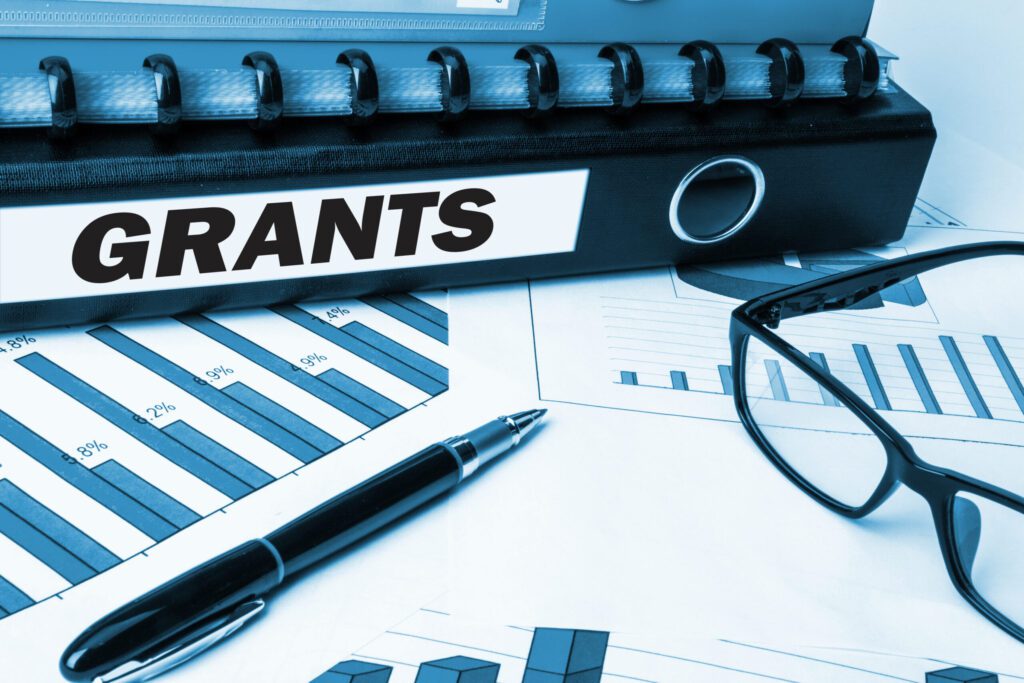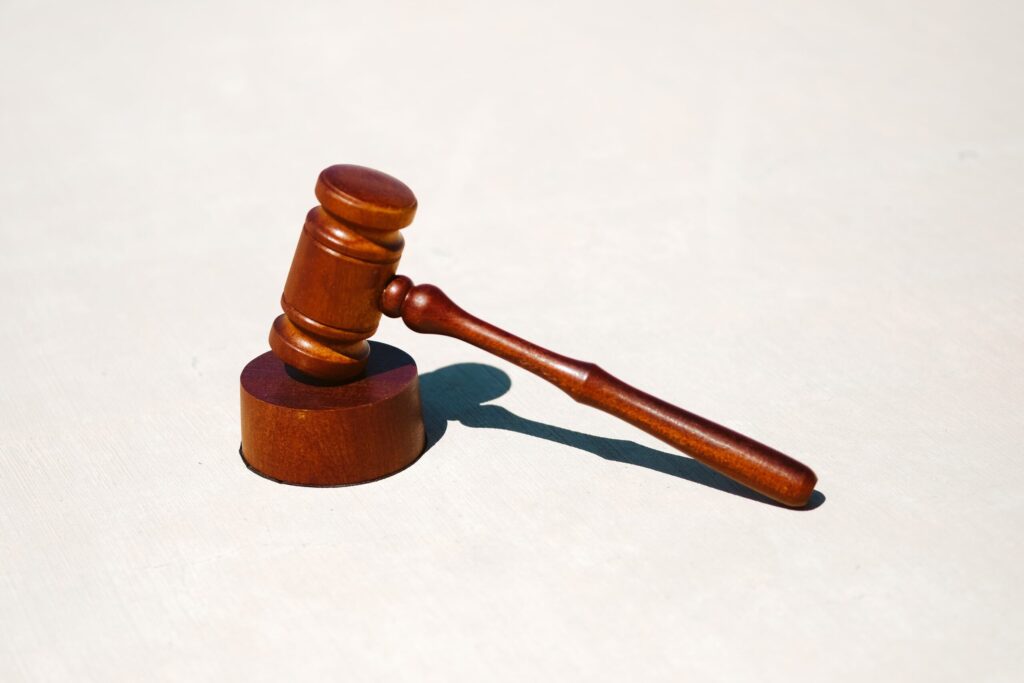With a rising cost of living and multiple interest rate hikes, it is little surprise that many Canadians are struggling with financial difficulties, often not knowing how to make ends meet. This in itself can put a lot of pressure on mental health, with many individuals not knowing where to turn to or how to handle financial instability. The key thing to remember is that no matter how bad you may think your financial circumstances are, there is always a debt relief solution for you. Whether your issue is poor money management, not being able to make the minimum payments on your debts, or having to rely on friends and family to get by, the chances are many other Canadians are going through exactly the same situation. Some Canadians like to try to resolve their challenges via DIY debt solutions, and we will cover the pros and cons of doing so in this article. If you feel your debts are more serious and you need to speak to a professional, at Spergel we are here to help you and will treat your situation with understanding and compassion.
DIY debt solutions: long term debt management
The urgency of the debt solution method you may need depends entirely on your unique financial circumstances. Below, we have listed some of the best longer term DIY debt solutions, which include some good financial practices regardless of your scenario. We summarize the pros and cons for each.
Learning how to budget
Budgeting for ongoing and one-off living expenses is the key to preventing debt, and is a simple DIY debt solution. Whether you are saving for a downpayment or trying to make debt repayments, a budget is an essential for creating strong financial habits. Check out our guide on how to budget. In some instances, budgeting can be sufficient to get you out of debt, depending on its size. It is a good idea to have a goal in mind, so that you know how much debt you can repay across the course of a year, for example. You should track your income and outgoings on a spreadsheet so that you know exactly how much money you have left to go towards your debt repayment. Sometimes, relying on a budget will not be sufficient to solve major debt challenges, and it will need to be combined with other debt repayment solutions.
Exceeding minimum monthly payments
Paying just the minimum monthly payments on a debt is a very long (and expensive) road to debt repayment. By increasing your monthly payments on a debt, you will begin to reduce the principal of your debt over time and allow faster repayment. Some people opt for the debt snowball method, starting with their smallest debt first so that you can see progress quickly and feel motivated by your strategy. Obviously, the more you can pay each month, the faster the debt will be repaid. If you have multiple debts, you need to maintain the minimum payments on these while working to accelerate the repayment of one of your debts. When this is repaid in full, you can move onto the next debt. This DIY debt solution may not work if your budget is tight and you cannot increase your minimum payments easily. You need to be able to cover your cost of living expenses while taking this method, otherwise your situation could deteriorate.
Taking out a debt consolidation loan
A debt consolidation loan is a new loan you take out to condense multiple other debts. As well as simplifying your debt, it also has the advantage of reducing or eliminating entirely the interest rate you pay on your debt. It is a good DIY debt solution if you are juggling multiple debts and are struggling to budget for each of them. It could be difficult to secure a new loan if you have a poor credit score, or a high debt to income ratio. If you cannot afford the monthly payment on a debt consolidation loan, this option likely will not work for you. You do not want to miss payments, otherwise your situation will become worse.
Considering a second mortgage or home equity loan
A second mortgage is a secondary loan you take out on your home. It allows you to borrow up to 80% of the value of your home, except the balance on your primary mortgage. While interest rates are typically lower than the average for credit card debt or unsecured loans, interest rates on second mortgages are still high. It can extend the amortization period of your mortgage, meaning the payments are spread out across a longer period of time to make them more manageable. If you discover that the payments on a second mortgage or home equity loan are lower than your unsecured debt payments, this option may be helpful for you in making your debt repayments. Second mortgage are, however, extremely risky. If you default on your payments, you could well lose your home. You need to commit to making both your first and second mortgage payments.
DIY debt solutions: short term debt management
Sometimes, long term DIY debt solutions simply will not cut it. You may require a more urgent fix, depending on your circumstances. Here are some shorter term DIY debt solutions, with pros and cons once again.
Payday loans
Payday loans are intended to be short term loans that are due to cover a cash shortfall until your next paycheque. It is an extremely expensive way to borrow money, and you can only borrow up to $1,500. If you have a temporary cash shortfall but can cover your regular expenses and are confident you can make your loan repayment, it may be a suitable DIY debt solution. In many cases, however, payday loans can quickly spiral and lead to further financial difficulty. It is very difficult to leave the payday loan cycle, and interest rates are sky high. We recommend speaking to a Licensed Insolvency Trustee for professional debt relief support before considering a payday loan.
Taking out a cash advance on your credit card
When you take out a cash advance on your credit card, you will be charged interest immediately. Interest then accumulates each day until your cash advance is repaid in full. The interest rate is much higher than the regular rate on your credit card, but is often lower than that of payday loans. You may also be charged additional fees for any transactions made with a cash advance. If the cost of a cash advance is lower than the late payment fees, interest, and penalties you need to pay on another debt, it may be worth pursuing. This is not a great method to use, however – you need to look at fixing your wider finances if you are exploring taking out a cash advance on your credit card. It is certainly not recommended if you will not be able to repay the amount in full within 30 days.
An informal debt settlement
Informal debt settlements with your creditors are voluntary, and negotiated directly by yourself. You may be able to negotiate your credit limit, repayment terms, and interest. This would need to be coordinated with each of your creditors, and will likely need to meet their repayment deadlines. There is no obligation for your creditors to comply, and it is often risky. If you can negotiate, it can be a successful DIY debt solution. The more creditors you have, the more difficult it can be to reach an agreement. Even if you reach an agreement, your creditors could go back on their agreement without notice as it is not legally supported. If an agreement is reached, you too need to ensure you can meet the terms of the negotiated arrangement.
Borrowing money from friends or family
If you are facing financial difficulty, you may have a friend or family member who might be able to lend you a personal loan. In most cases, it is interest free without a fixed repayment term. For this reason, it is a desirable option for repaying your debts as it allows you to save on interest, and is free from stressful repayment terms. This said, you should try to formalise the terms and deadline in writing. This can help to keep the relationship on track. This DIY debt solution does come with risks, however – if you cannot repay your loan on time, it can permanently destroy the relationship with your friend or family member. If you are trying to rebuild your credit, this debt solution will not help – it is difficult for friends or family to report positive repayment to a credit bureau, and therefore it is unlikely to have a positive effect on your credit report.
Redeeming your RRSP
If you have a RRSP in place, you have likely been putting funds aside from your account that you likely need for your expenses or debts. Interest you pay on credit may be higher than the return on most investments, and so redeeming your RRSP may be a better DIY debt solution. You may want to consider temporarily pausing your monthly contributions to your RRSP while you pay off your debts. If this is insufficient, you may wish to redeem your RRSP and use it to pay off your debts. You can then continue to contribute when your finances are back on track. You should note, however, that there are downsides to doing this. Firstly, you will have tax consequences for redeeming investments, and you may even end up owing more tax at the end of the year.
When DIY debt solutions don’t work
DIY debt solutions will not always help with your debt repayment. It may be the case that you simply have too much debt, and need professional support. DIY debt solutions may be appropriate for small amounts of debt, and when you simply need temporary relief or are a little behind on payments. In other scenarios, trying to take on debt repayment yourself can spiral and lead to worse situations where it escalates. Here are a few scenarios whereby you may need professional help for debt relief:
- When you calculate your debt to income ratio and learn that you are spending 40% of your income each paycheque on debt
- You lack any kind of budget, and are unsure of where to start
- You are unsure of how long it will take you to repay your debt, or how much to put aside each month. Try using our debt repayment calculator for your options
- You do not know which debt to pay off first
- You do not qualify for a debt consolidation loan
- Your creditors are not willing to negotiate
In this instance, your best bet is to speak to a Licensed Insolvency Trustee. Licensed Insolvency Trustees are the only professionals in Canada legally able to file all forms of debt relief. They will review your financial circumstances and recommend an advisable pathway forwards. Initial consultations with a Licensed Insolvency Trustee at Spergel are free. A consumer proposal may be a suitable way or you to reduce your debt by 80% while keeping your assets, and being fully protected from your creditors. For others, in order to begin a completely fresh financial future, bankruptcy may be more appropriate. Your Licensed Insolvency Trustee will share all of the options available to you.
If you have any further questions on DIY debt solutions, or are struggling with your debts and do not know what to do next, book a free consultation with an experienced Licensed Insolvency Trustee at Spergel. We explain your options in a way that is easy to understand, and treat all individuals with compassion. Reach out today – you owe it to yourself.



















